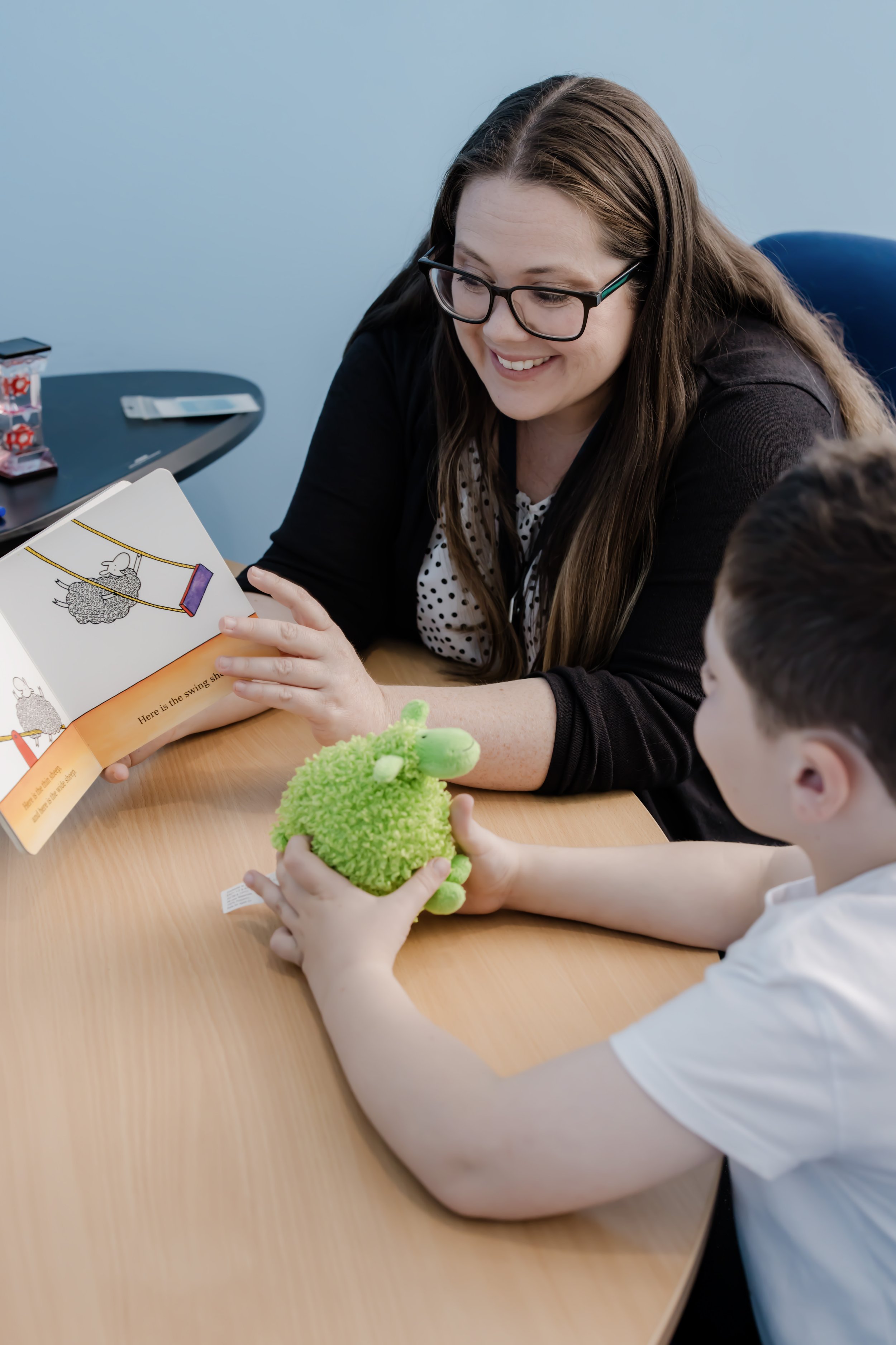
Blog
Fluency
Stuttering in childhood is a common communication difficulty that may develop between the ages of two and five and affects the fluency and flow of speech.
It can present in different ways but often involves repeating words or parts of words, stretching out sounds or struggling to get words out.
Speech pathologists are trained to identify the difference between dysfluency that can occur in typical development and a stutter which requires early help for best outcomes.
Play / social skills
It can be a common source of confusion for families to be told your child needs speech therapy when they speak perfectly well! Often we see children who do speak well but may struggle to interact with or talk to others.
This may be due to a social skill difficulty, which is an area speech pathologists can assist with. Much of our communication happens non-verbally, that is, without words, but rather with facial expressions, eye contact, body language, gestures and more.
We can also help children to develop play skills, in particular imaginative play skills, which are closely linked to language development and social skills.
Language
When we talk about language, we refer to the ability to understand others’ words as well as the ability to use words oneself.
Language usually develops in a fairly consistent sequence as a child grows and develops.
Speech pathologists are trained to assess and develop a child’s language across a number of areas, including:
following instructions
concept knowledge
using words (vocabulary)
forming sentences, and
using correct grammar
Speech
When we talk about speech, we refer to the sounds we produce and combine to make words when speaking.
Children learn different speech sounds at different ages (e.g. a sound like ‘b’ comes very early and you will hear it in a baby’s babbling, whereas a sound like ‘th’ is often learnt once a child is school-aged). Speech pathologists are trained to assess how easy a child is to understand based on both how they are making specific sounds as well as sound patterns that occur while speech is developing.
Let’s talk toys
As a very well resourced clinic, families often ask where we bought a particular toy or game from. While we encourage motivating games that support language development, we also strongly promote the idea of families themselves as the best resource a child can have. This means shifting the mentality of needing a new or different toy to be able to play new things. We suggest how simple change ups to the same toys can create whole new play experiences.
Typical language development
Typical language development occurs in stages. Here is some information regarding early language development that might help you to decide whether you should seek advice from a Speech Pathologist. It is important to note that every child is different and there will be variation from one child to the next, but this is what can be expected for (English speaking) children, with regards to typical language development in the first five years.
Books books books … Everywhere you look
Surround your child with books: a strategy in itself
As a new parent I was excited to personally put into practice strategies that I had been discussing with families for years regarding ways to foster language development in littlies. One of these was the importance of reading books with your child every day.
Here are five of the things that I found to be helpful and effective in achieving this:









